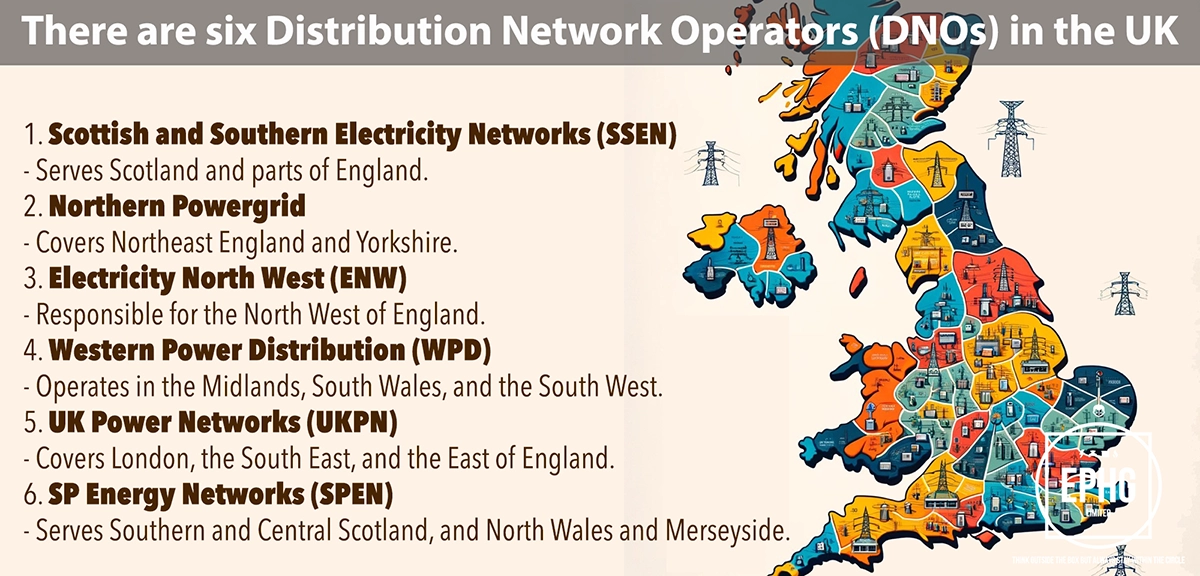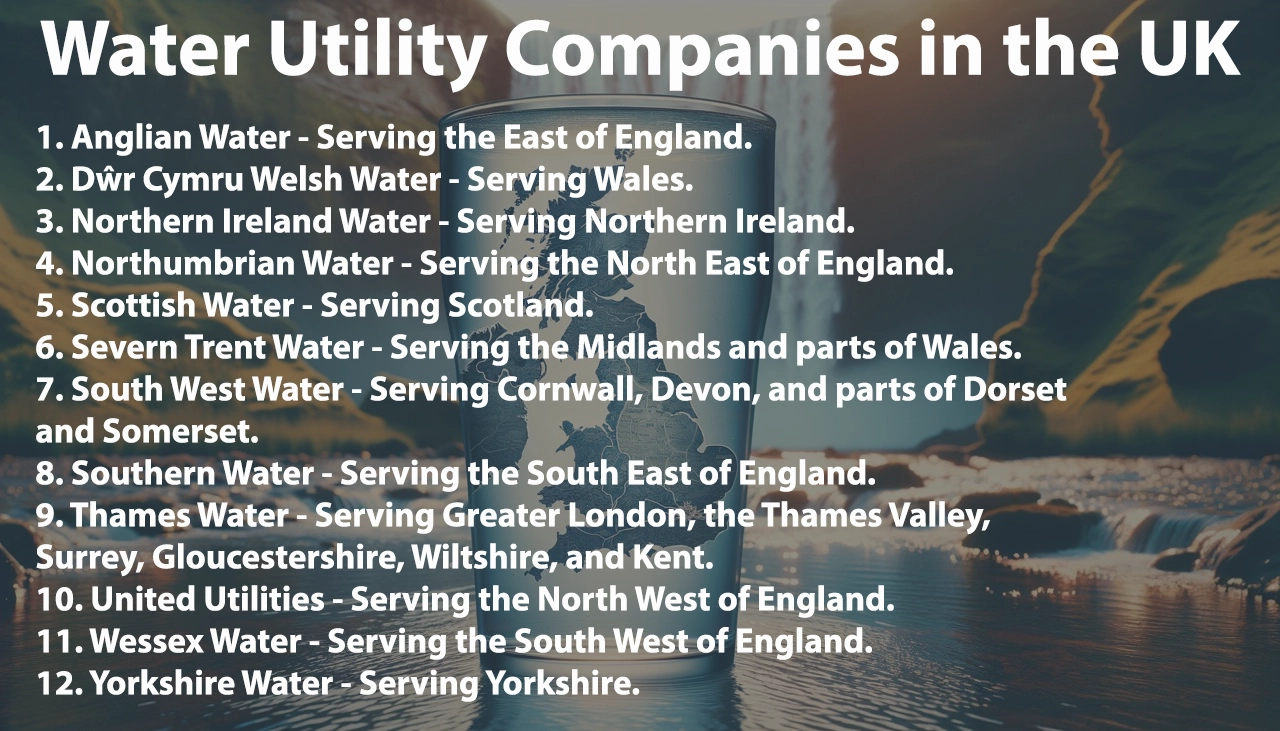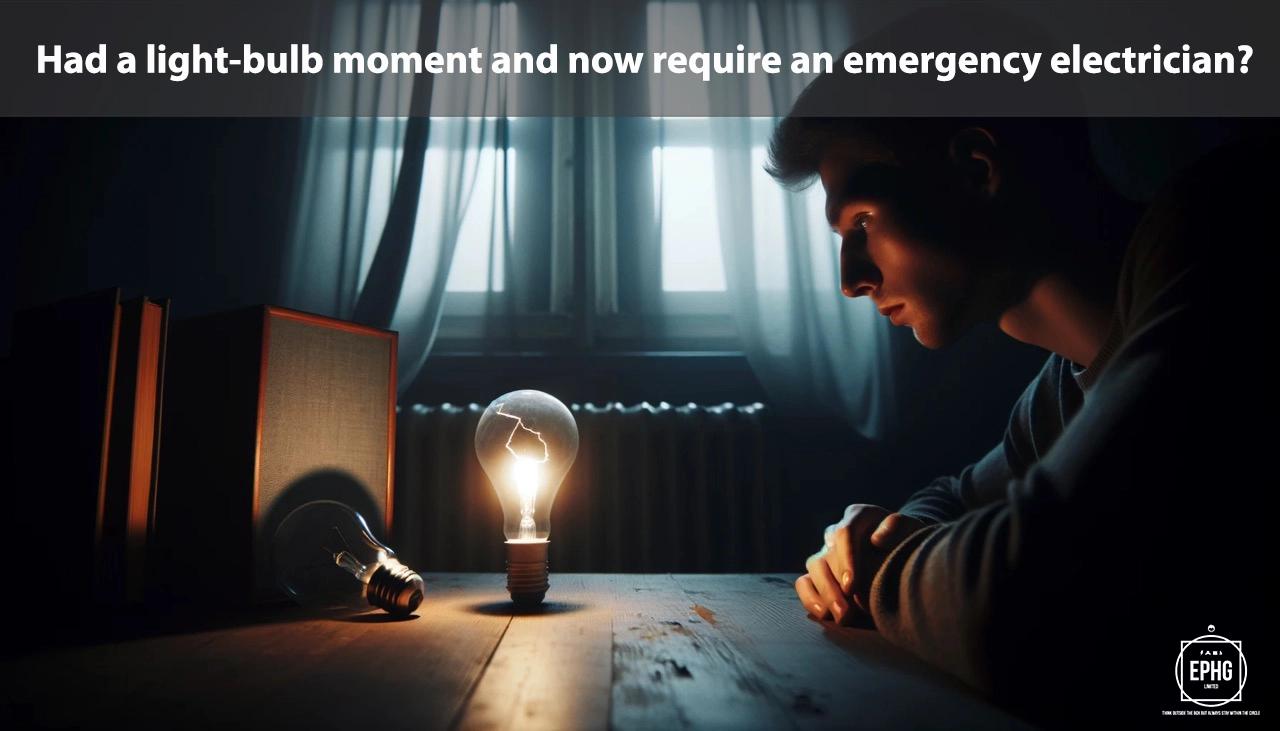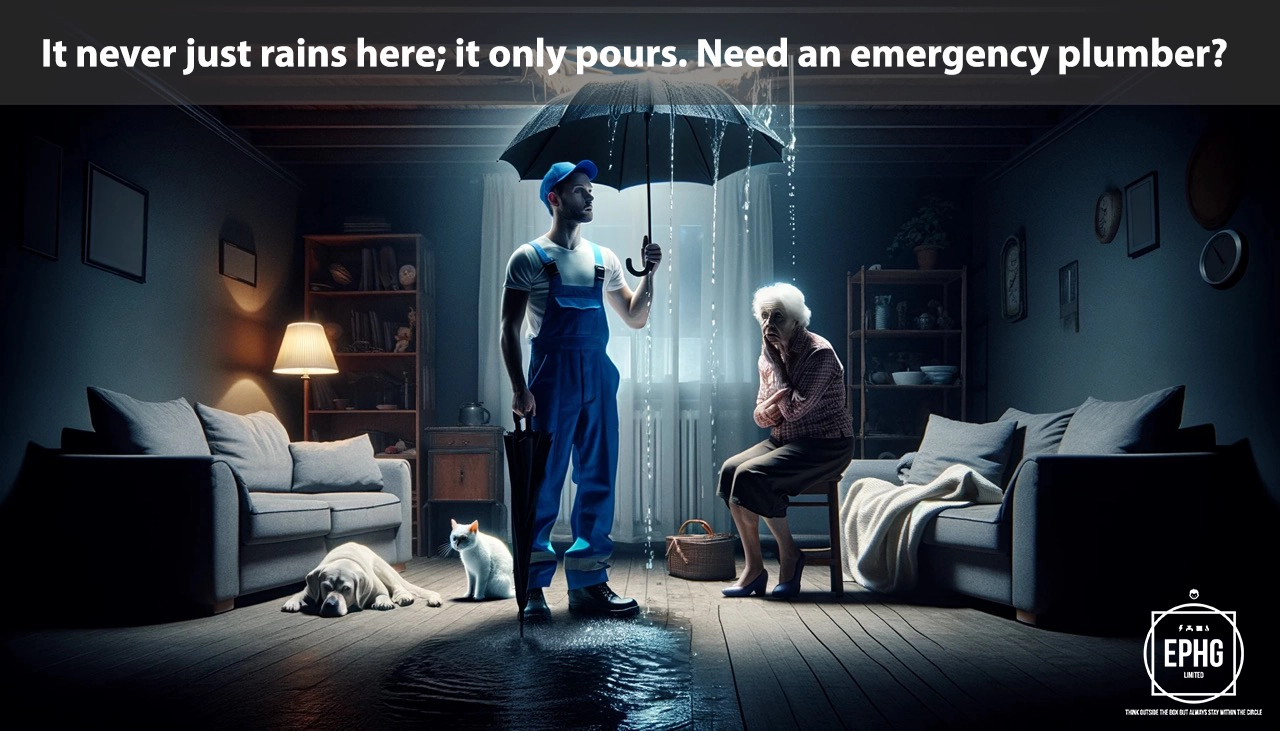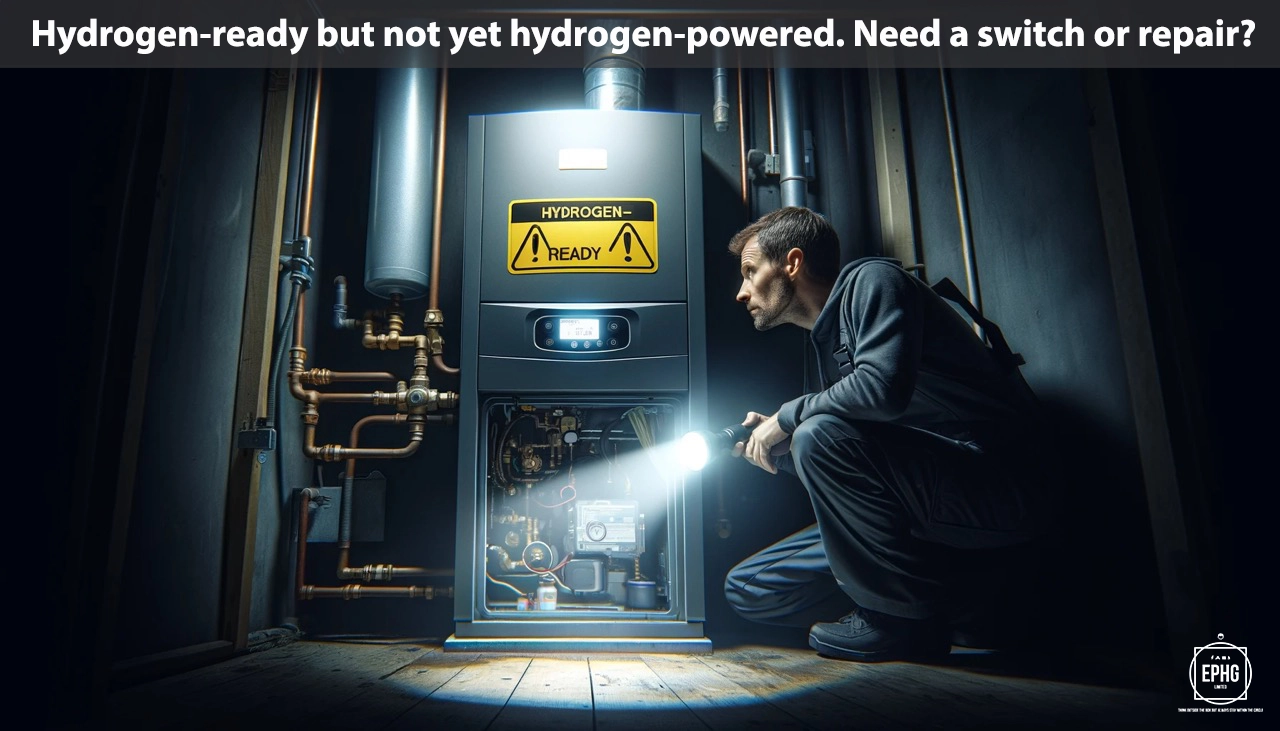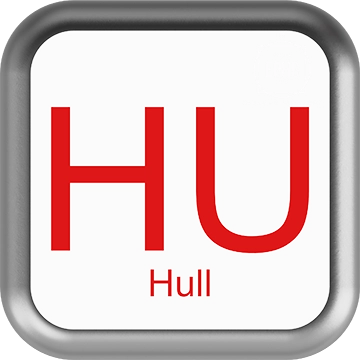
HU Postcodes for Utilities & Services in Hull and Surrounding Areas
Introduction: The HU postcode area, encompassing Hull and its neighbouring locales, presents a unique mix of urban and coastal settings. In this guide, we provide valuable insights into the local utilities servicing the area, focusing on water and electricity, along with other critical information for residents and businesses.
Water in the Hull Area
Where does the water supply come from in the HU area and is there ever a shortage of water?
In the Hull area, the primary water supply is drawn from the River Hull and the Humber Estuary, supplemented by groundwater sources. Yorkshire Water manages the region's water services, ensuring that treatment processes meet all regulatory standards before household distribution. Despite the region's adequate water supply, the Hull area, like many parts of the UK, faces challenges from climate variability and urban development, which can impact water availability. To mitigate these issues, water conservation and sustainable usage practices are promoted among residents. Historical records indicate manageable water levels, but local authorities and Yorkshire Water continue to monitor, conserve, and manage resources efficiently to prevent potential shortages and maintain supply stability.
What is the hardness & quality of the water in the HU area and can this affect your health?
The water in the HU postcode area generally ranges from moderately soft to moderately hard, largely depending on specific local sources and treatment processes. The water quality is consistently monitored and treated to ensure safety and compliance with health standards, minimizing any risk of contamination. While the varying hardness levels can affect household appliances, it poses no significant health risk. Residents might notice differences in taste or mineral content compared to other regions, but the water remains safe for daily use. Health and safety guidelines are rigorously followed, ensuring that all residents have access to clean and safe water, contributing positively to community health and wellbeing.
Electricity in the Hull Area
The electricity supply in the HU postcode area, covering Hull and surrounding regions, originates from a combination of traditional and renewable energy sources. As part of the wider move towards sustainability, the area has seen growth in renewable energy initiatives, particularly in wind energy, with the proximity to the North Sea providing an excellent resource for offshore wind farms. The transition towards green energy is set to continue, with investments in renewable energy infrastructure aiming to reduce carbon emissions and enhance environmental sustainability. Local authorities and energy providers are working together to ensure a reliable supply while encouraging energy efficiency and the adoption of renewable sources among residents and businesses. The future of energy in the Hull area is geared towards a cleaner, more sustainable model, aligning with national and global environmental goals.
Electricity in Hull
Where does the electric supply come from in Hull and what is the future of energy there?
The electricity supply in Hull is derived from a diverse mix of sources, with a significant pivot towards renewable energy. While historically reliant on fossil fuels, Hull is now embracing renewable sources such as wind, solar, and biomass energy, reflecting a national trend towards greener alternatives. The city is in proximity to some of the UK's largest offshore wind farms, notably in the North Sea, which contribute significantly to its energy mix. The future of energy in Hull is decidedly green, with ongoing investments in renewable energy infrastructure and projects aimed at reducing carbon emissions. The city aims to establish itself as a leader in clean energy, with initiatives to incorporate more sustainable practices in local businesses and communities. This vision for a sustainable future aligns with broader environmental goals, making Hull a key player in the UK's transition towards renewable energy sources.
When is hydrogen coming to gas boilers in Hull?
Hull's integration of hydrogen into residential heating systems is an emerging focus within the city's energy transition plan. While specific timelines for widespread hydrogen adoption are still being formulated, Hull is part of the broader UK movement towards decarbonizing heat. Pilot projects and studies are anticipated to pave the way for hydrogen heating, aligning with national targets for carbon reduction. Residents are encouraged to keep abreast of developments and to consider energy-efficient practices and upgrades in the meantime. The shift towards hydrogen, expected to start with trials and scale up over time, reflects Hull’s commitment to innovative and sustainable energy solutions. Local authorities and service providers will play crucial roles in facilitating this transition, from infrastructure adjustments to public awareness campaigns.
Where Does the Wastewater Go in Hull?
In Hull, wastewater management is a critical component of the city's sanitation and environmental strategy. Wastewater from homes, businesses, and industrial operations is collected and directed to treatment facilities such as the Saltend Wastewater Treatment Works. This facility employs advanced processes to remove contaminants and purify the water to high standards before releasing it back into the environment. The treated water is discharged into the Humber Estuary, adhering to strict regulations to safeguard marine ecosystems and water quality. Hull's approach to wastewater treatment illustrates its commitment to environmental protection and public health, highlighting the city's ongoing investments in infrastructure and technology to support sustainable urban living.
Regions and Services:
The HU postcode covers a variety of landscapes, from the bustling urban center of Hull city to the serene countryside of the East Riding of Yorkshire. Key regions include:
- Hull City: A hub for urban utilities development, featuring sophisticated electrical and gas infrastructure alongside emerging renewable energy initiatives.
- Beverley, Cottingham, and Hessle: These towns balance between historic charm and modern services, reflecting a blend of old-world aesthetics and contemporary living standards.
- Hedon, Hornsea, and Withernsea: Coastal villages where the push for sustainable energy is growing, with initiatives like wind and solar power gaining traction beside traditional utilities.
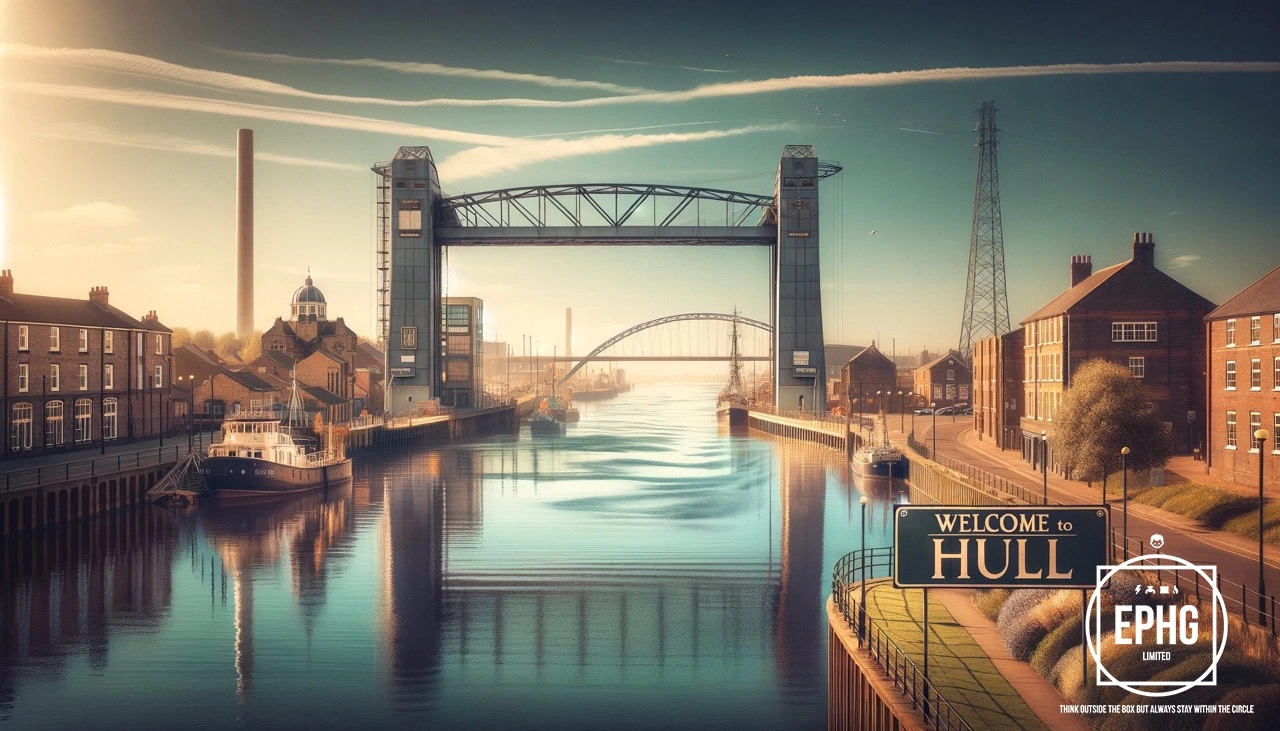
Regions within the HU Postcode
Hull City
- HU1: Hull city centre, Old Town
- HU2: Hull city centre, Wincolmlee
- HU3: West Hull, Spring Bank
- HU4: Anlaby Road, Hull Royal Infirmary
- HU5: The Avenues, Orchard Park, Greenwood
- HU6: University, Cottingham Road
- HU7: Kingswood, Sutton-on-Hull, Wawne
- HU8: Garden Village, Ings, Longhill
- HU9: Marfleet, Preston Road, Greatfield, Bilton Grange
Surrounding Areas and Villages
- HU10: Willerby, Kirk Ella, West Ella
- HU11: Bilton, Ganstead, Swine
- HU12: Hedon, Thorngumbald, Paull, Preston
- HU13: Hessle, Anlaby Common, Westfield
- HU14: North Ferriby, Melton, Swanland
- HU15: Brough, Elloughton, Welton, Brantingham
- HU16: Cottingham, Eppleworth, Raywell, Skidby
- HU17: Beverley, Bishop Burton, Walkington
- HU18: Hornsea, Mappleton, Rolston
- HU19: Withernsea, Hollym, Holmpton, Out Newton, Rimswell
- HU20: High Hunsley, Little Weighton, Low Hunsley, Riplingham
